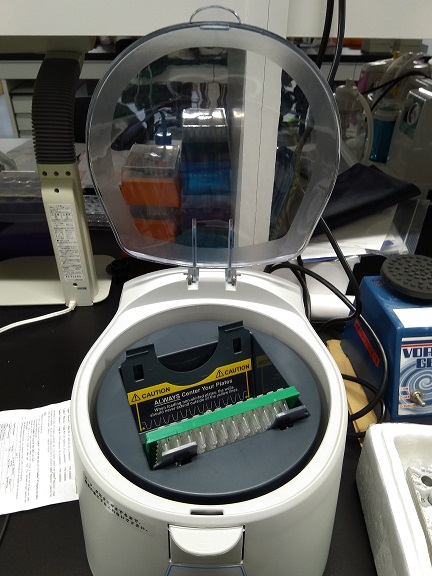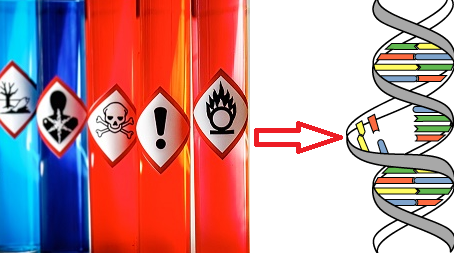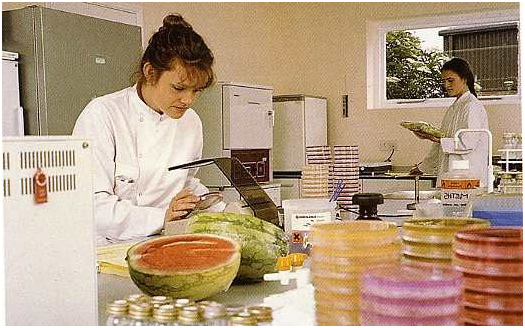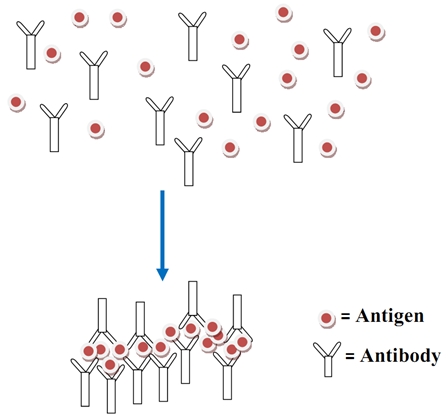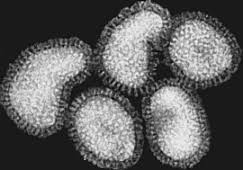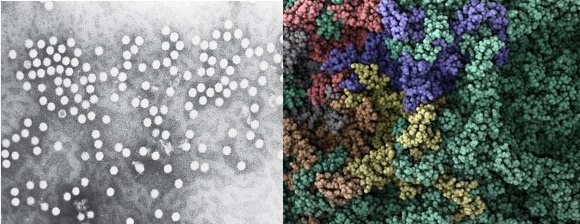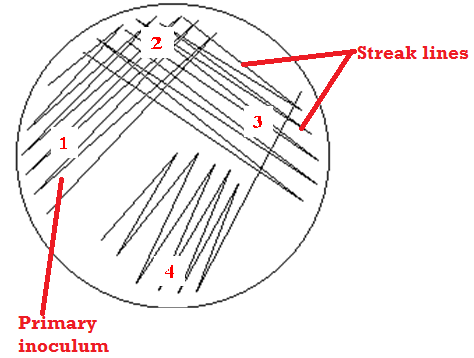APPLICATIONS OF MUTAGENESIS
Recombinant DNA technology and the use of synthetic DNA molecules make it possible for molecular biology scientists to induce specific mutations in specific genes. In vitro mutagenesis is used to purposefully change genetic information. The analysis of the subsequent changes in gene expression and gene products helps elucidate the functional effect of the mutation. […]
APPLICATIONS OF MUTAGENESIS Read More »
Biotechnology, Molecular Microbiology
